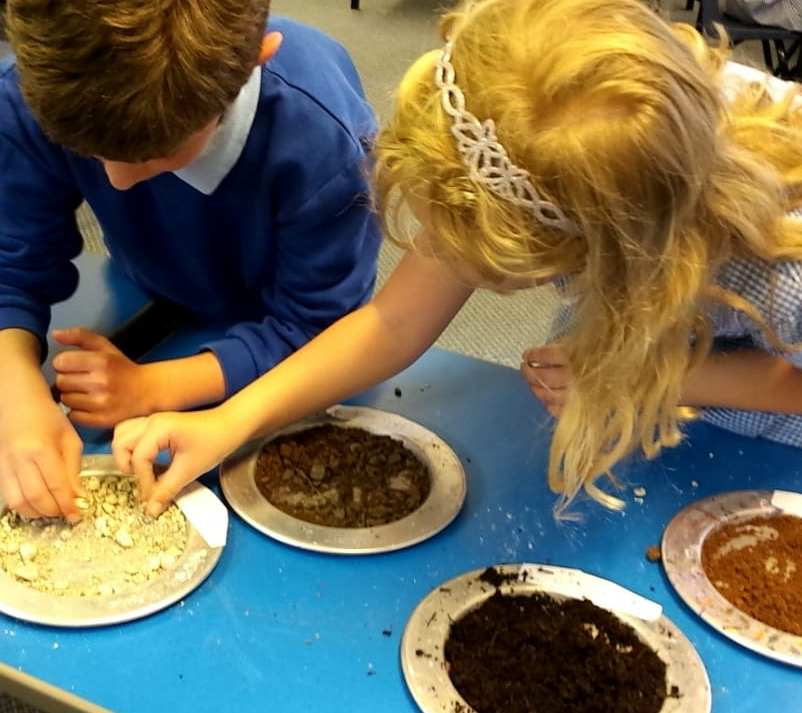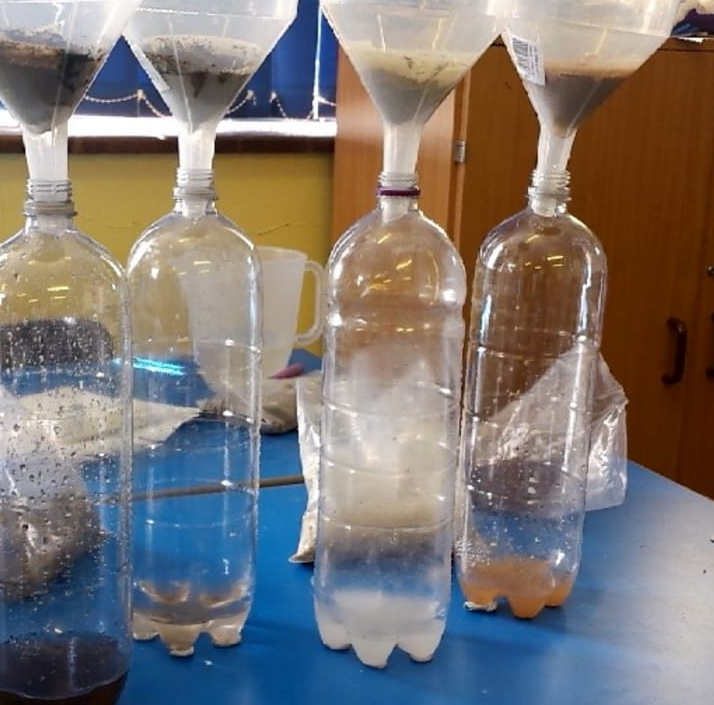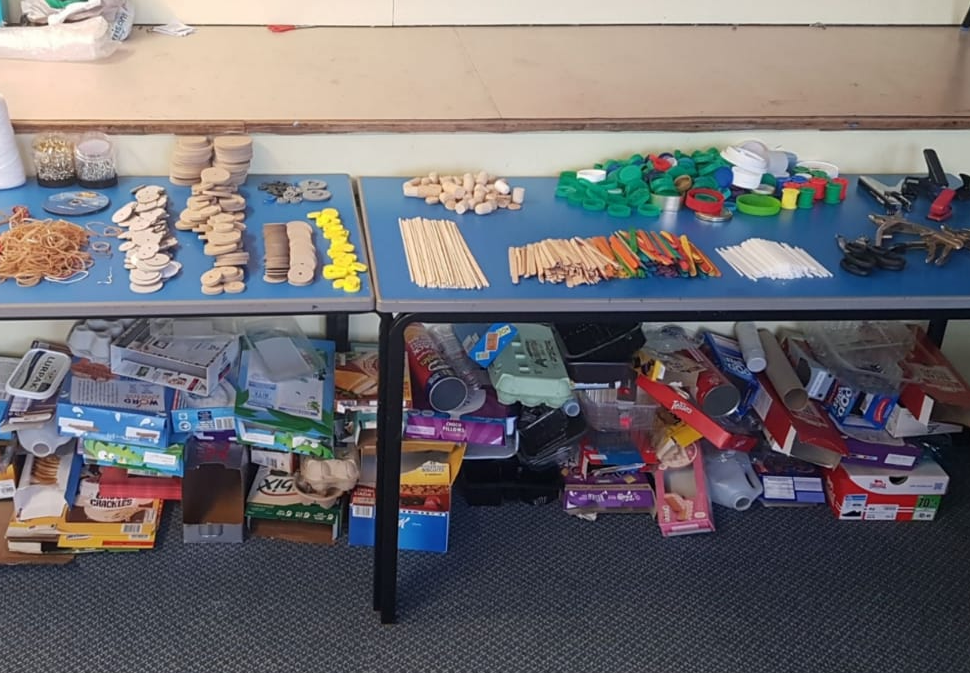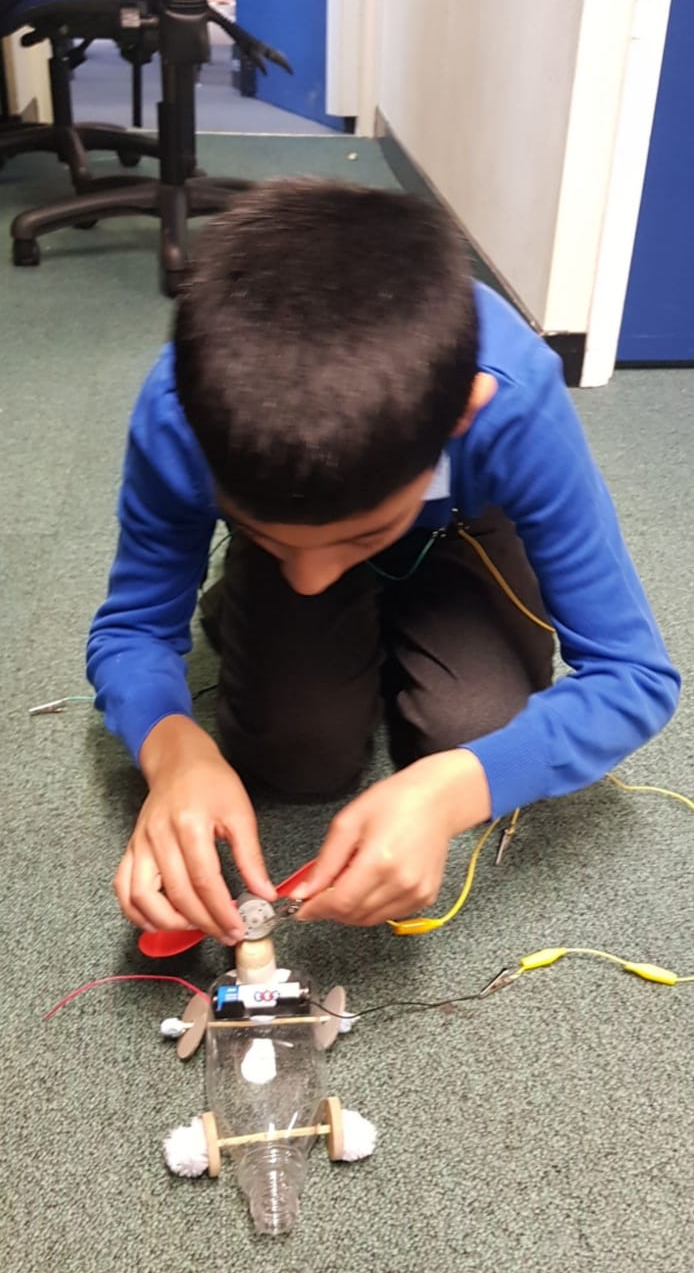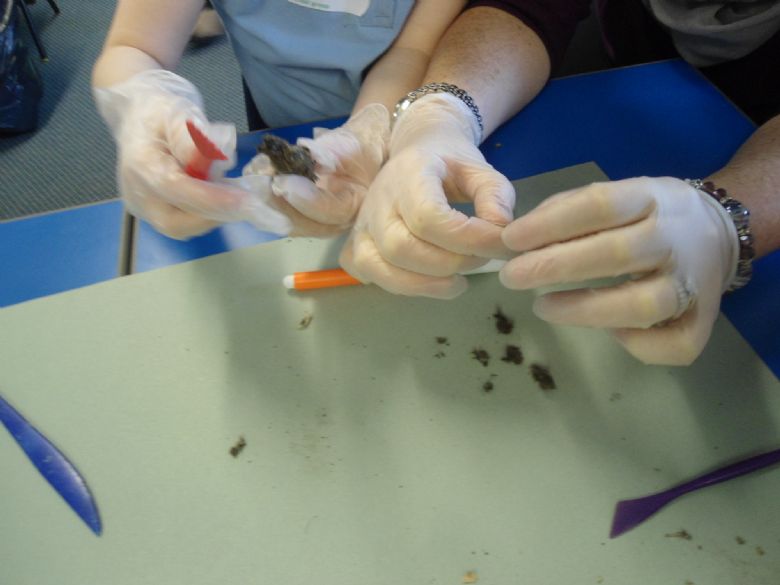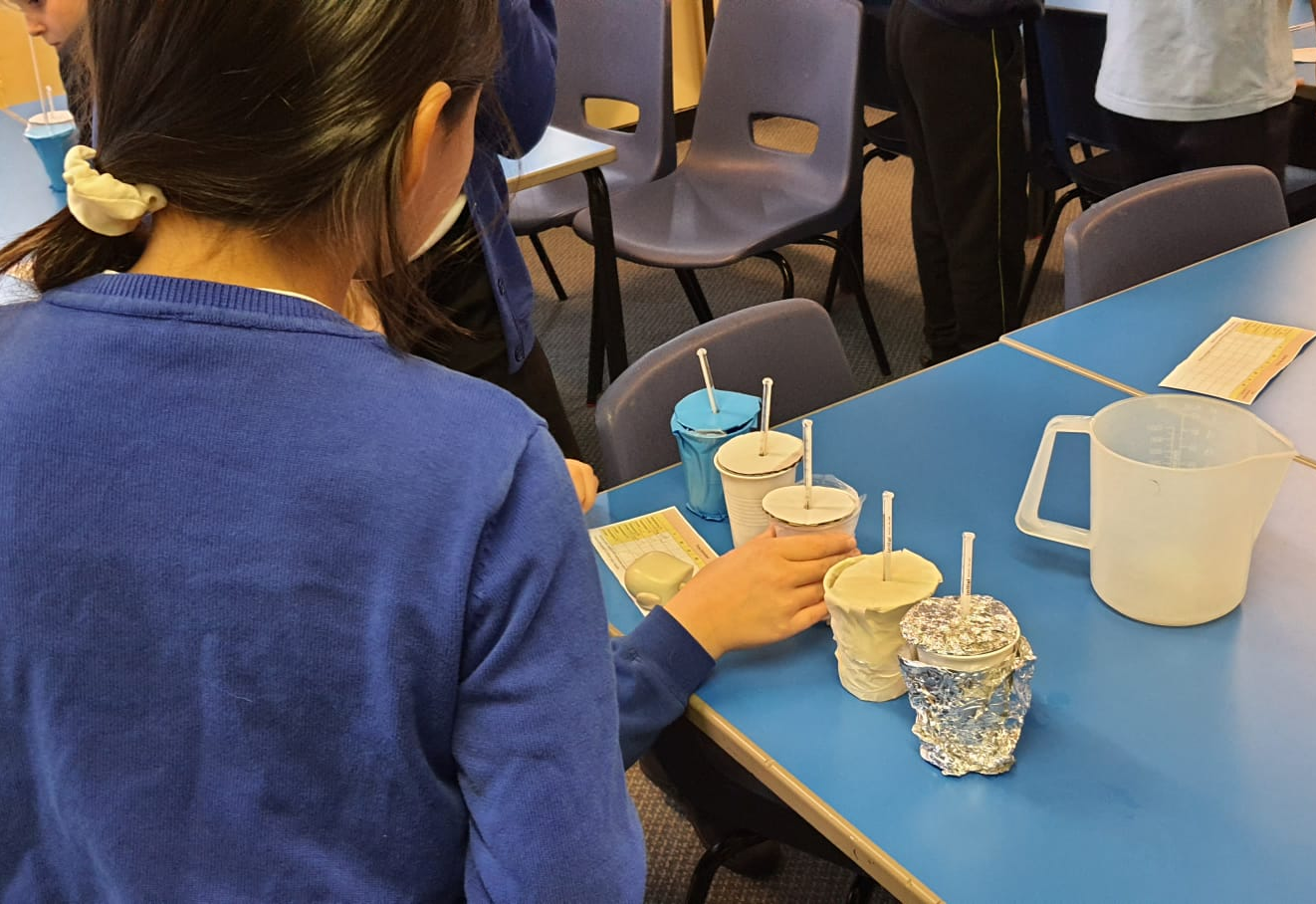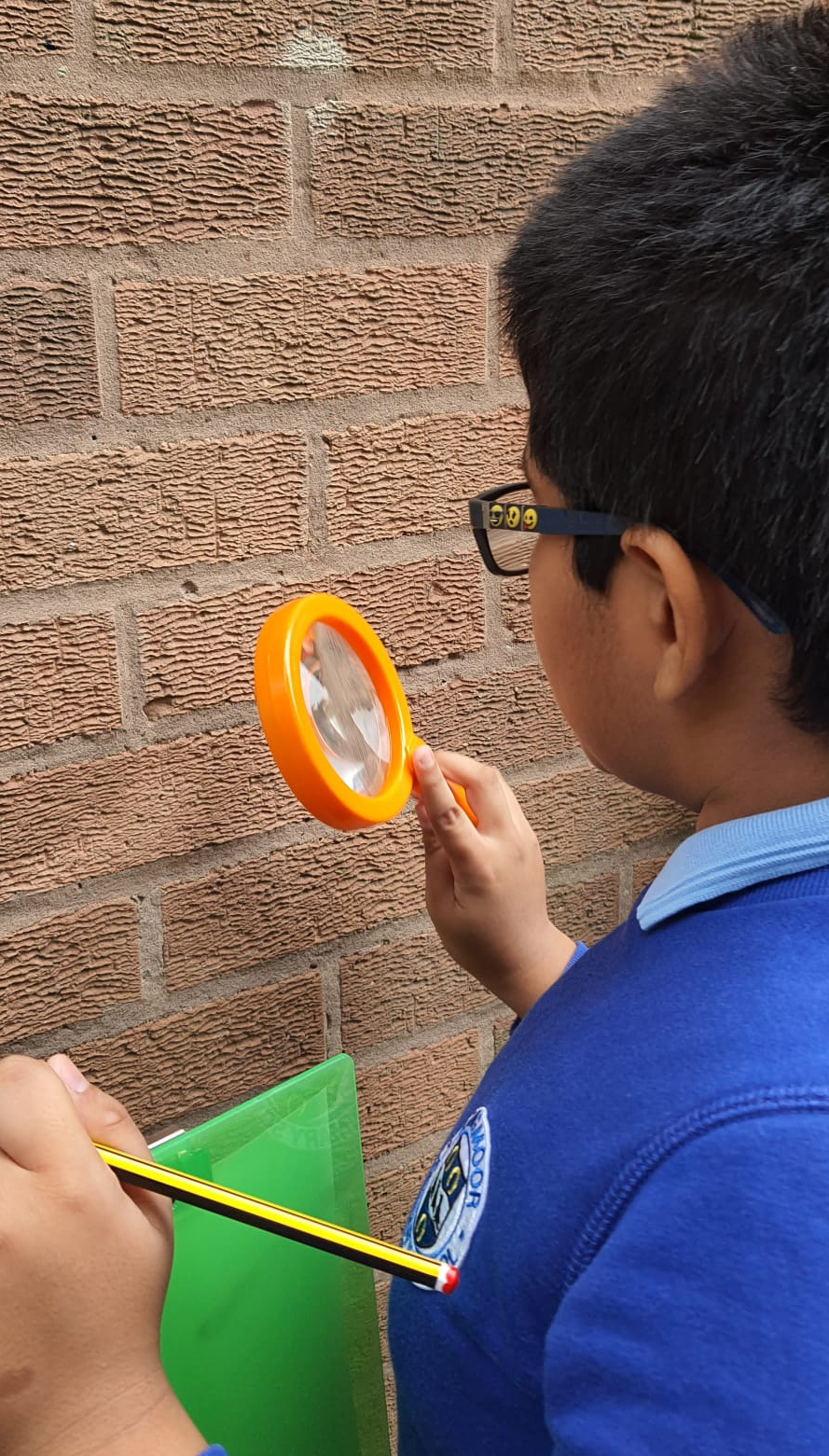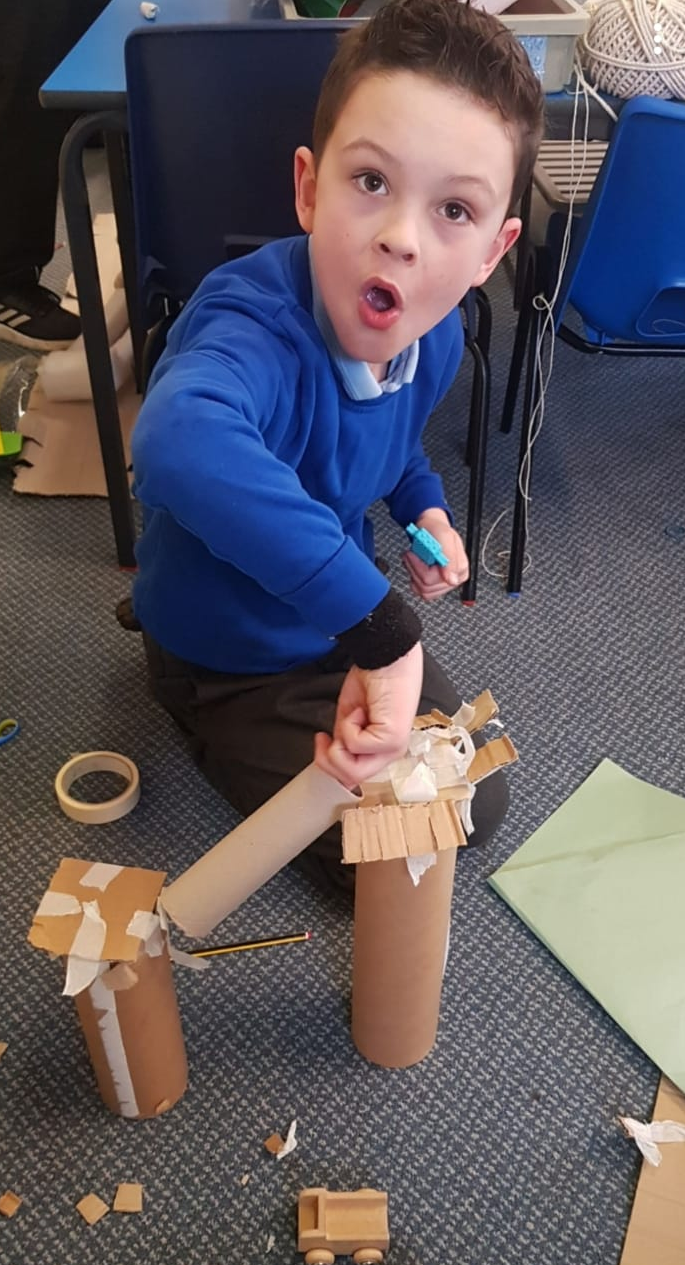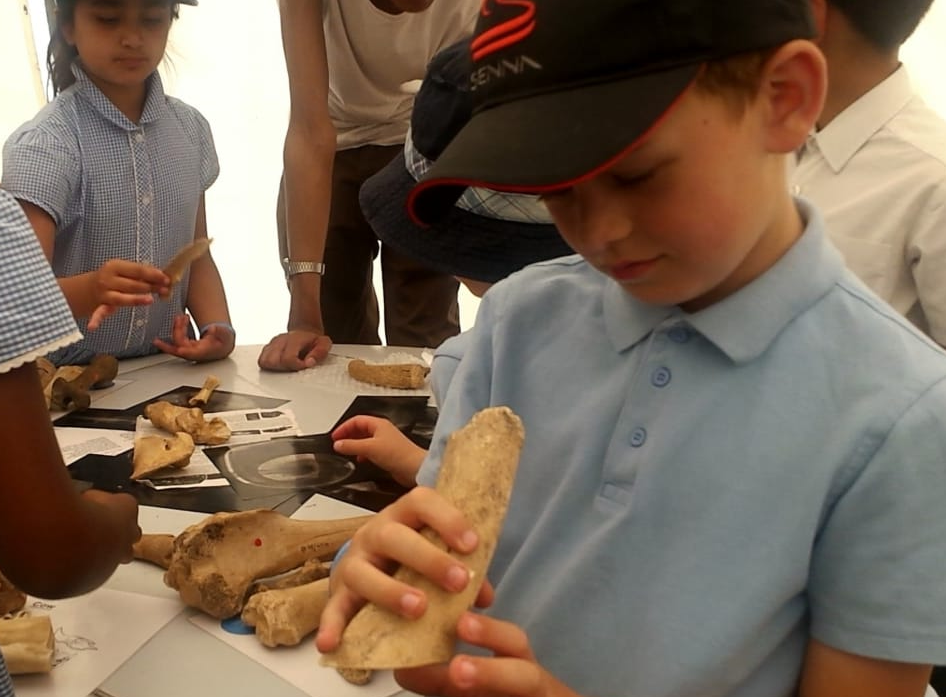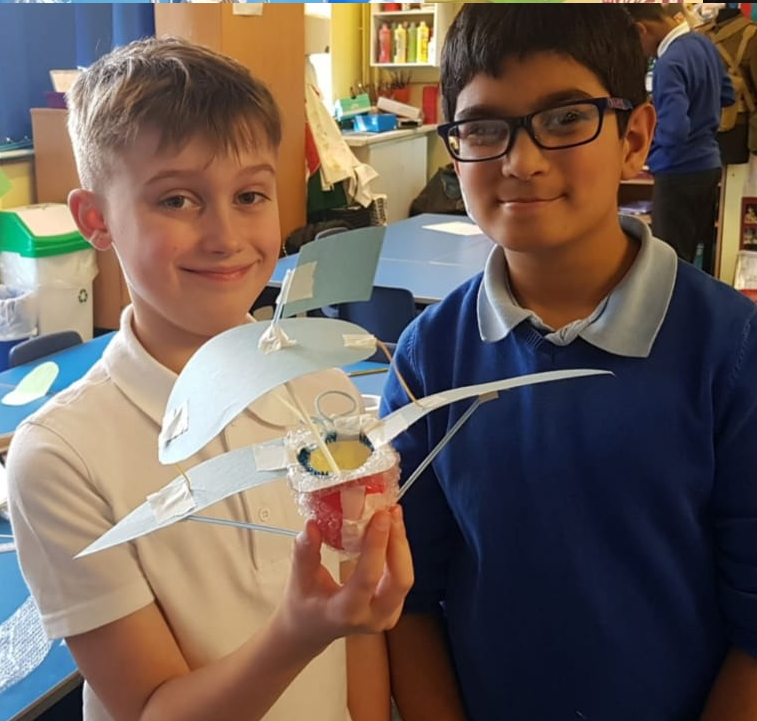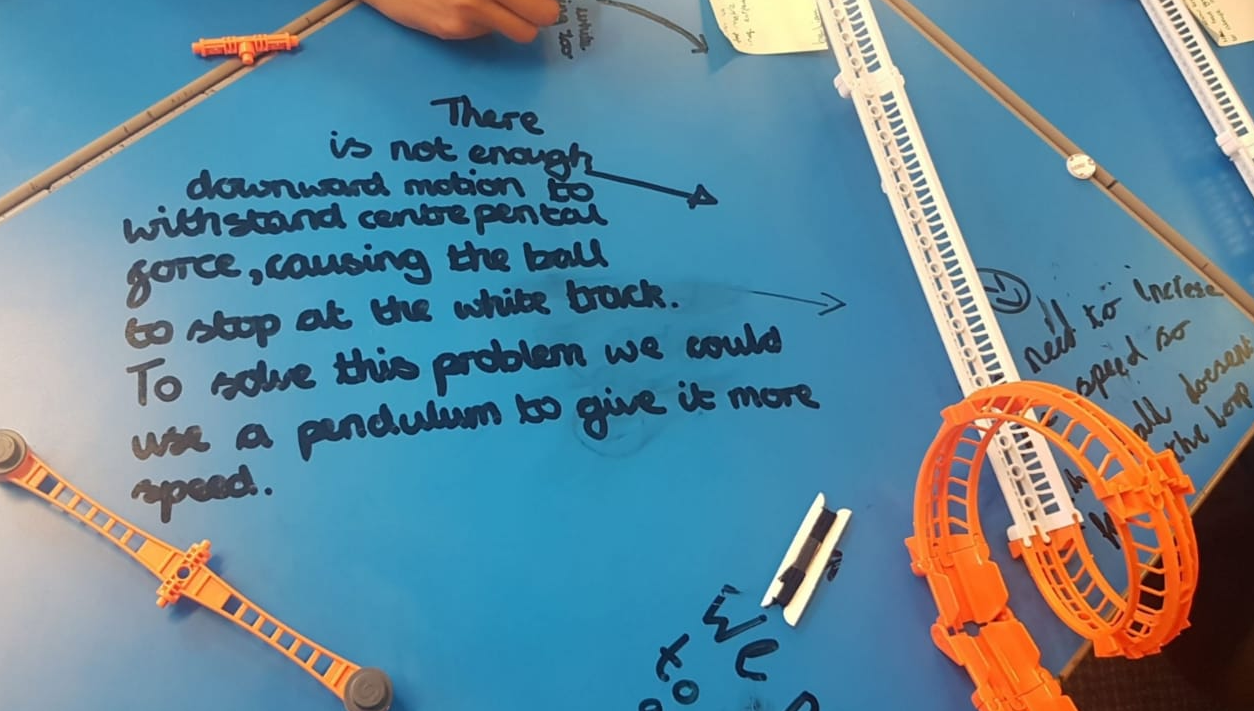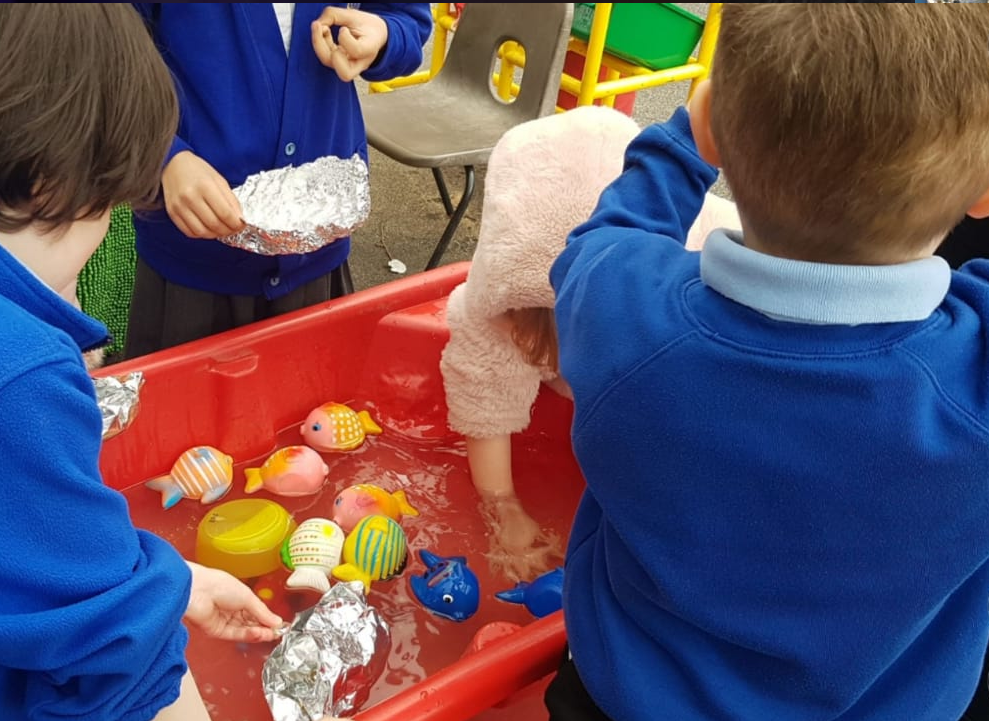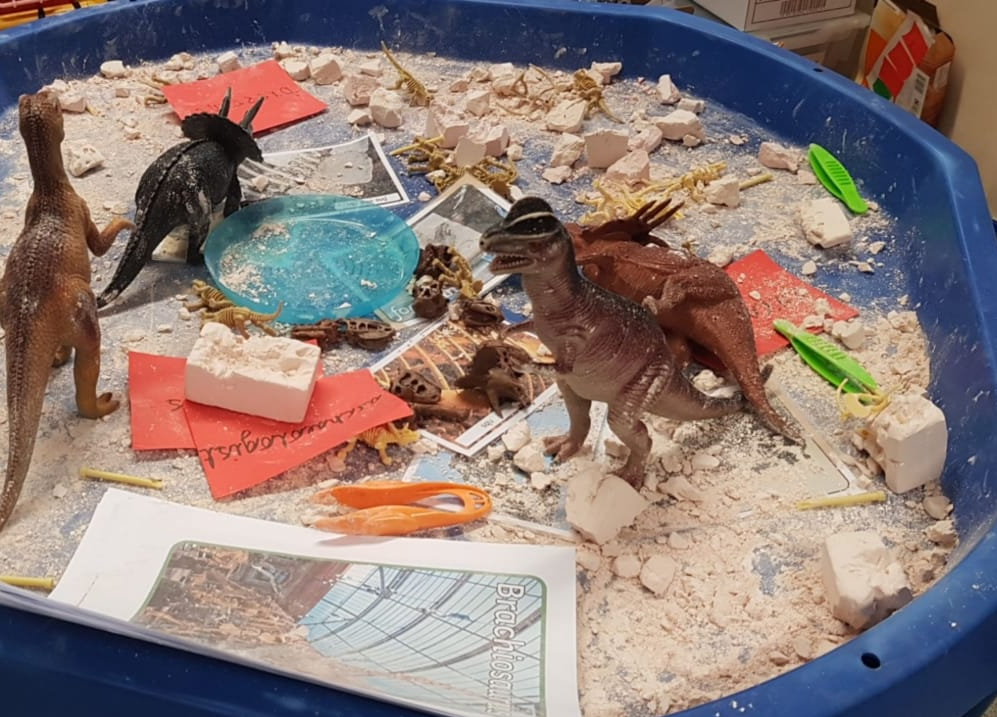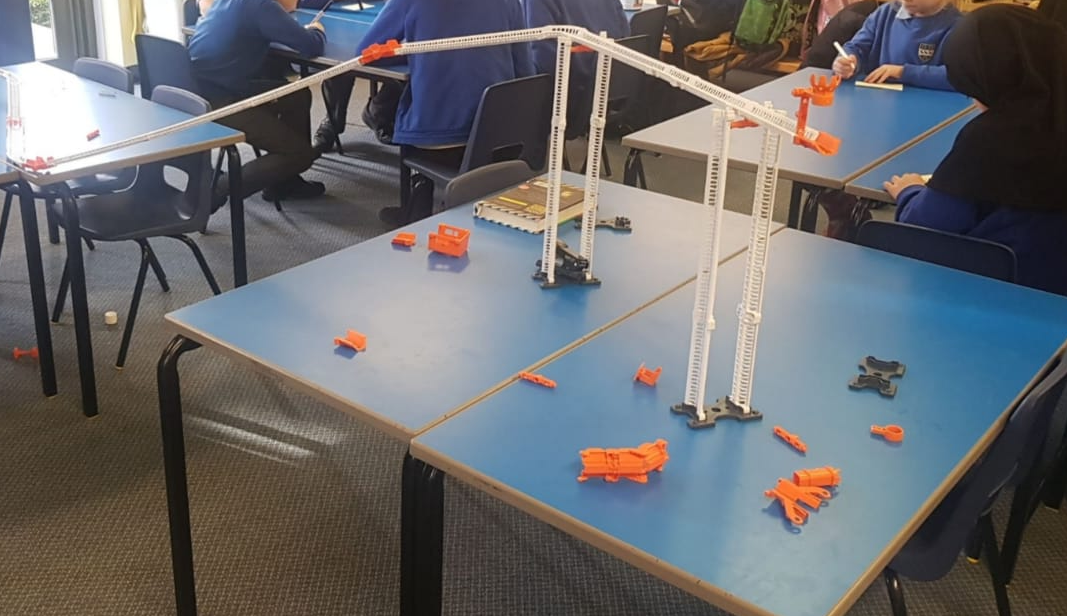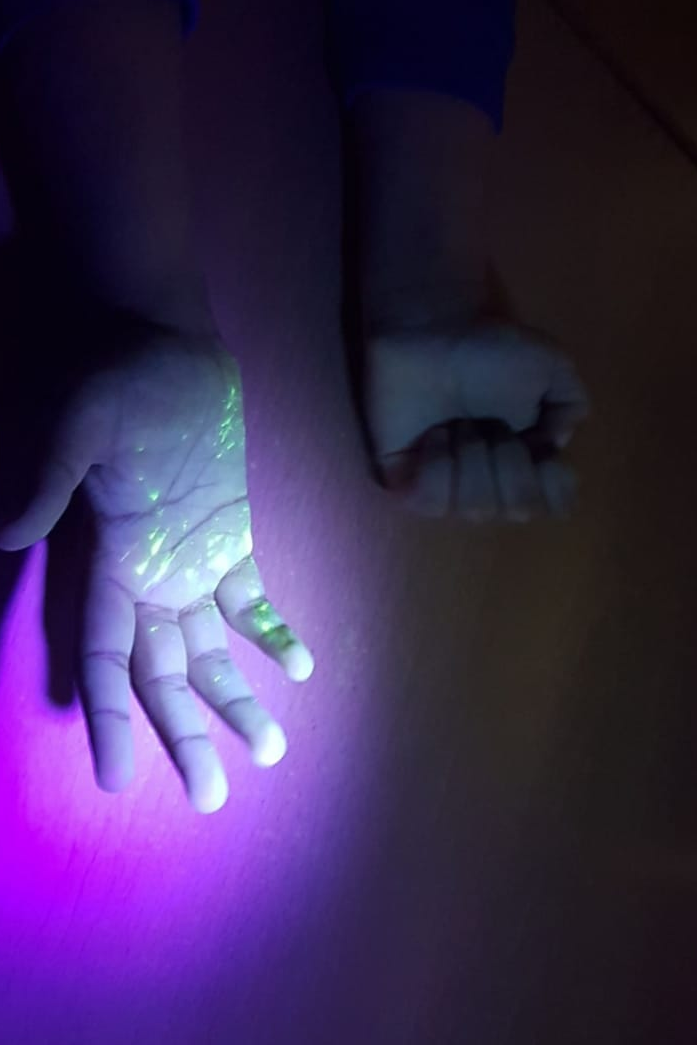Science
Intent
Langmoor Primary School recognises and values the importance of Science and scientific enquiry. We aim to build science capital for all our pupils, regardless of their background and starting points. We intend to inspire our pupils to continue to use Science in their everyday lives, further education and careers – promoting STEM subjects. This is done through adhering to the aims of the National Curriculum objectives. Our curriculum provides a meaningful and coherent science education based on progression and sequencing of knowledge and skills across the key stages. We use the Kapow scheme of work.
Implementation
Our pupils begin their scientific experience in Early Years Foundation Stage, with informal investigations within their continuous provision (in-line with the new Early Learning Goals). Adults in this setting facilitate pupil’s curiosity with open-ended questions and through learning experiences which are both child and adult led.
Children are taught to:
- Use their senses to investigate a range of objects and materials.
- Find out about, identify and observe the different features of living things, objects and worldly events.
- Look closely at similarities, differences, patterns and change.
- Ask questions about why things happen and why things work.
- Develop their communication and cooperation skills.
- Talk about their findings, sometimes recording them.
- Identify and find out about features of the place they live and in the natural world around them.
In KS1, pupils continue to build on their science knowledge with more formal termly topics. Two Science sessions are taught weekly, every other half-term; this is alongside Geography and History during the second half of the term. This strategy is used to enable the achievement of a greater depth of knowledge.
In KS1, when working scientifically, pupils are taught to:
- Ask questions
- Recognise that they can be answered in different ways
- Observe closely
- Use simple equipment
- Perform simple tests
- Identify and classify
- Use observations and ideas to suggest answers to questions
- Gather/record data to interpret
n KS2, Science lessons are delivered once a week throughout the academic year. Working Scientifically skills are embedded into lessons to ensure that skills are systematically developed throughout the pupil’s school career. New vocabulary and challenging concepts are introduced through direct teaching.
In KS2, when working scientifically, pupils are taught to:
- Ask relevant questions
- Use different types of scientific enquiry to answer them
- Set up investigations, comparative and fair tests
- Make systematic and careful observations
- Collect accurate data
- Measure using standardised units
- Use a range of equipment, including thermometers and data loggers
- Gather, record, classify and present data in a verity of ways to help answer questions
- Record findings using scientific language, drawings, labelled diagram, keys, graphs and tables to report on findings
- Hypothesise and predict
- Suggest improvements and raise further questions
- Identify similarities, differences and changes related to simple scientific ideas and processes.
Impact
Formative assessment is used as the main tool for assessing the impact of Science at Langmoor Primary School. This is to allow for misconceptions and gaps to be addressed more immediately rather than building on insecure Scientific foundations.
Assessment at Langmoor Primary School is teacher based and formed using a range of informal/formal strategies;
- Children’s contributions to class discussions
- Verbal and written outcomes from learning
- End of unit tests / discussions
- Reasoning through concept cartoons
- Marking of work
- Observations and careful questioning of pupils working scientifically.
Judgements will be formed as to whether pupils are emerging, expected or exceeding at Working Scientifically and whether pupils are emerging or at expected for their conceptual understanding and knowledge.
Our pupils leave Year 6 with a broad range of skills and knowledge to take on and experience Secondary School Sciences by diving deeper into more specific areas of the subject focusing on Biology, Chemistry and Physics.

